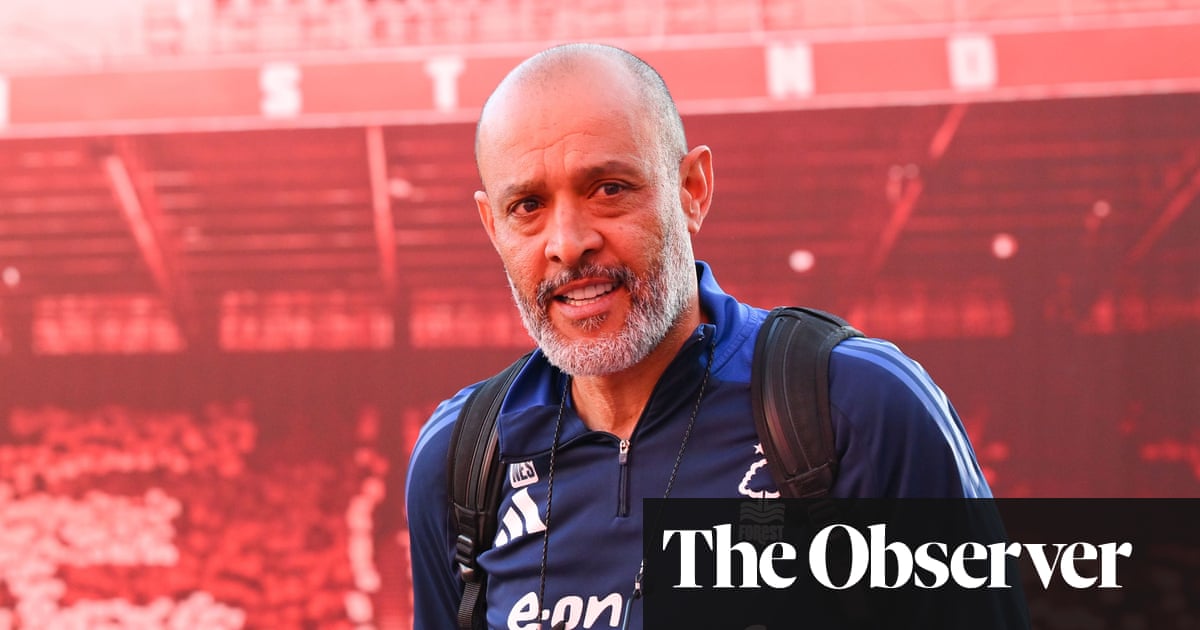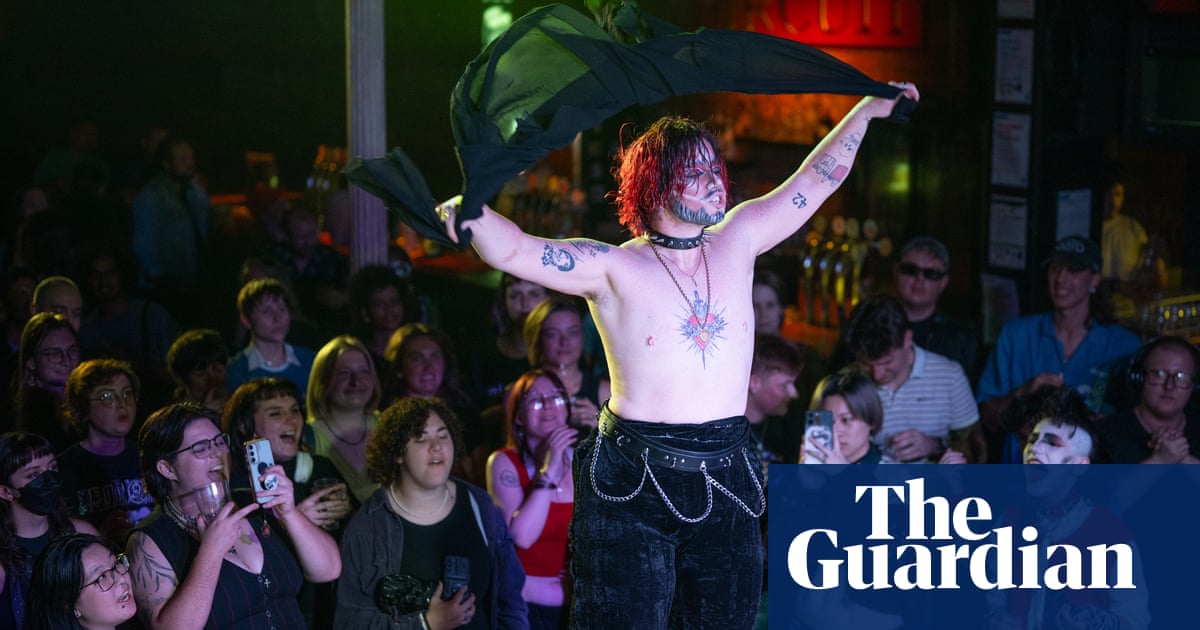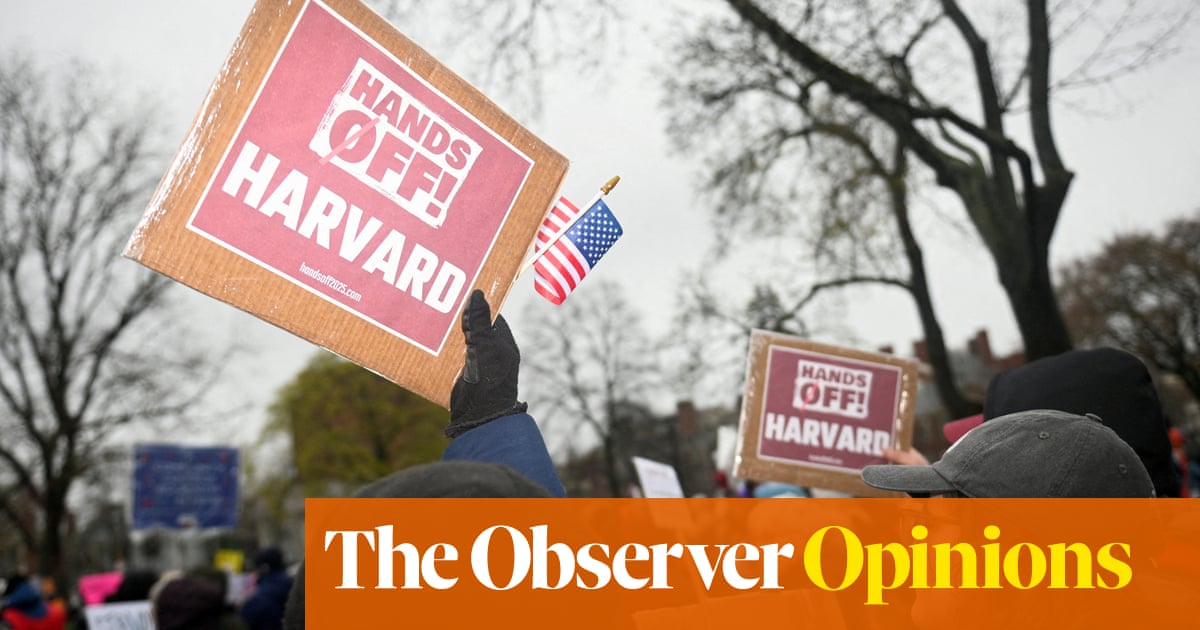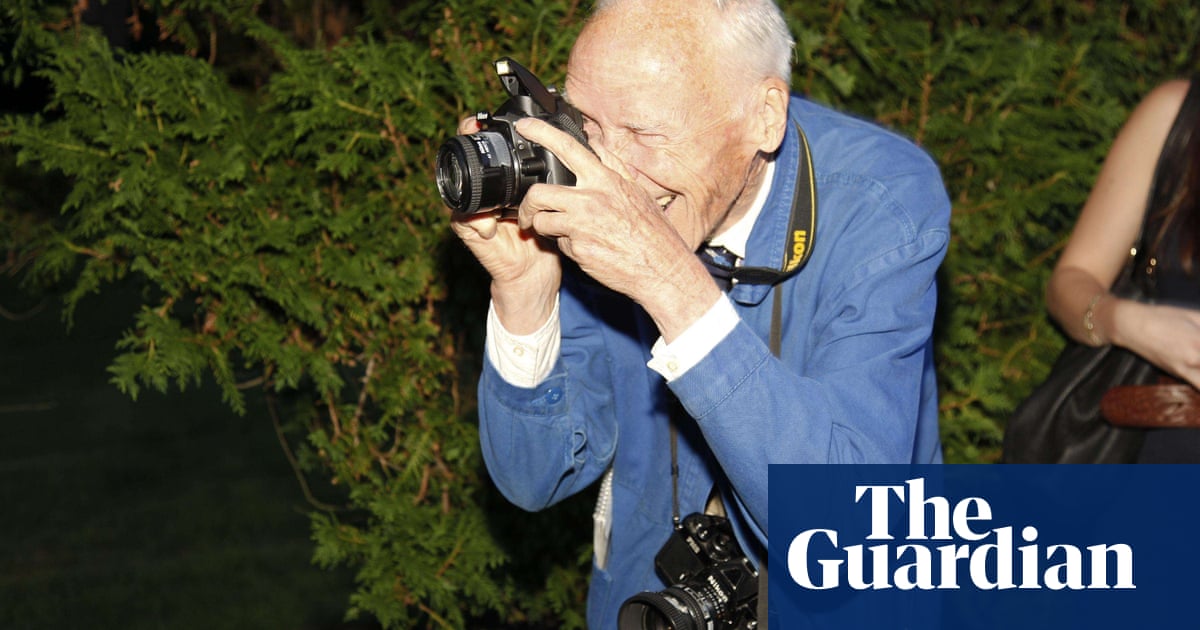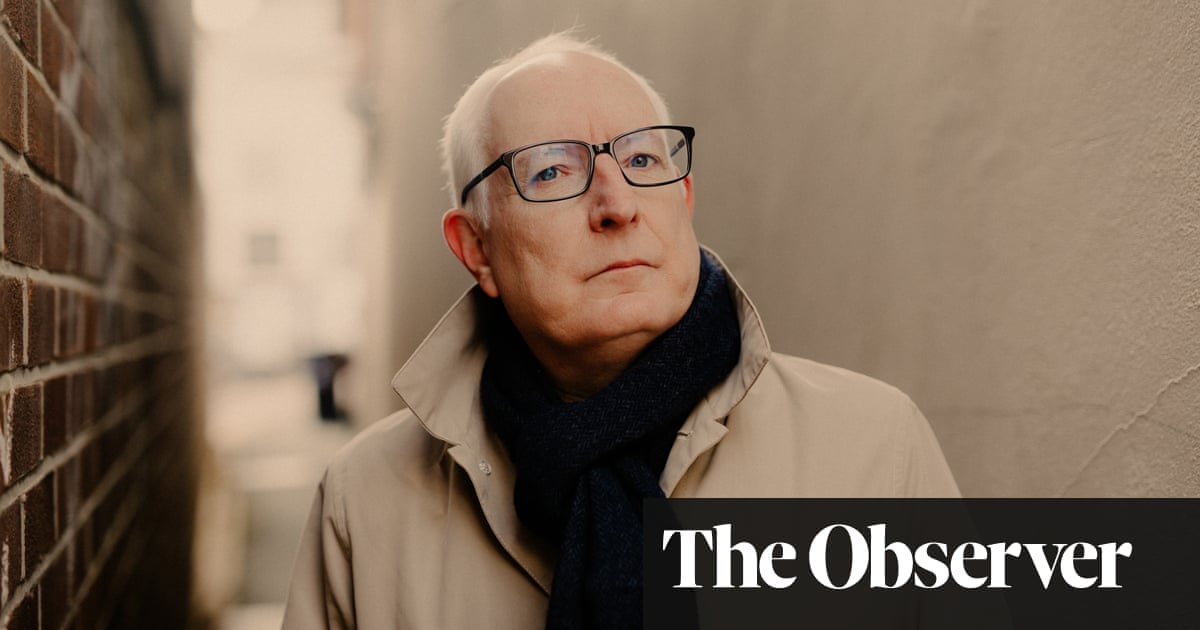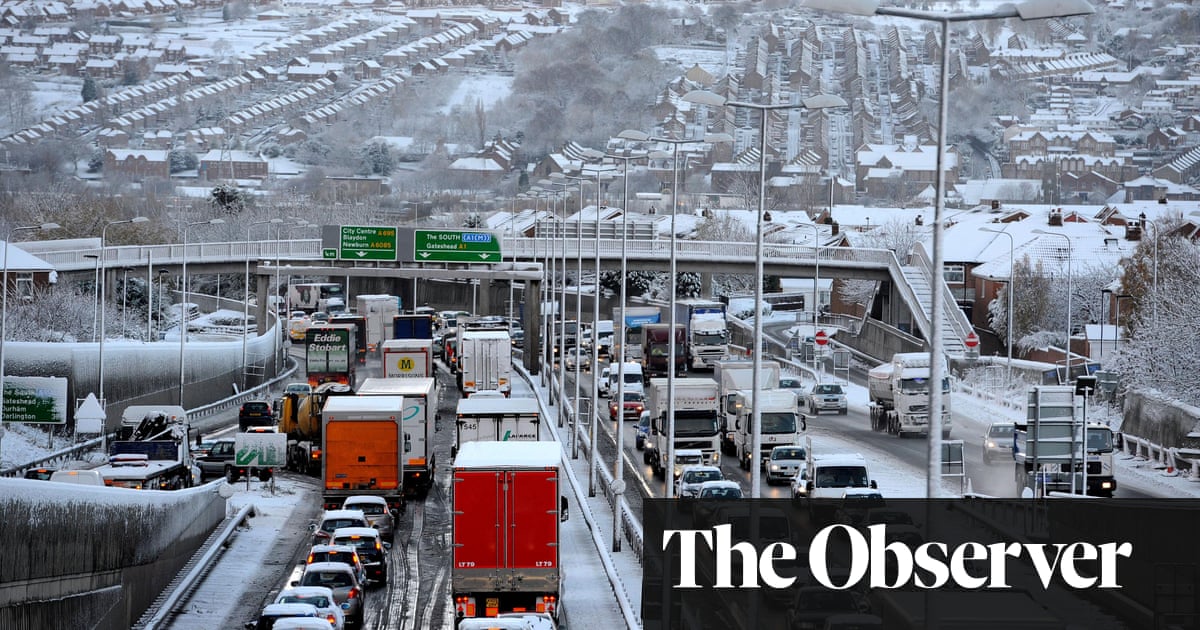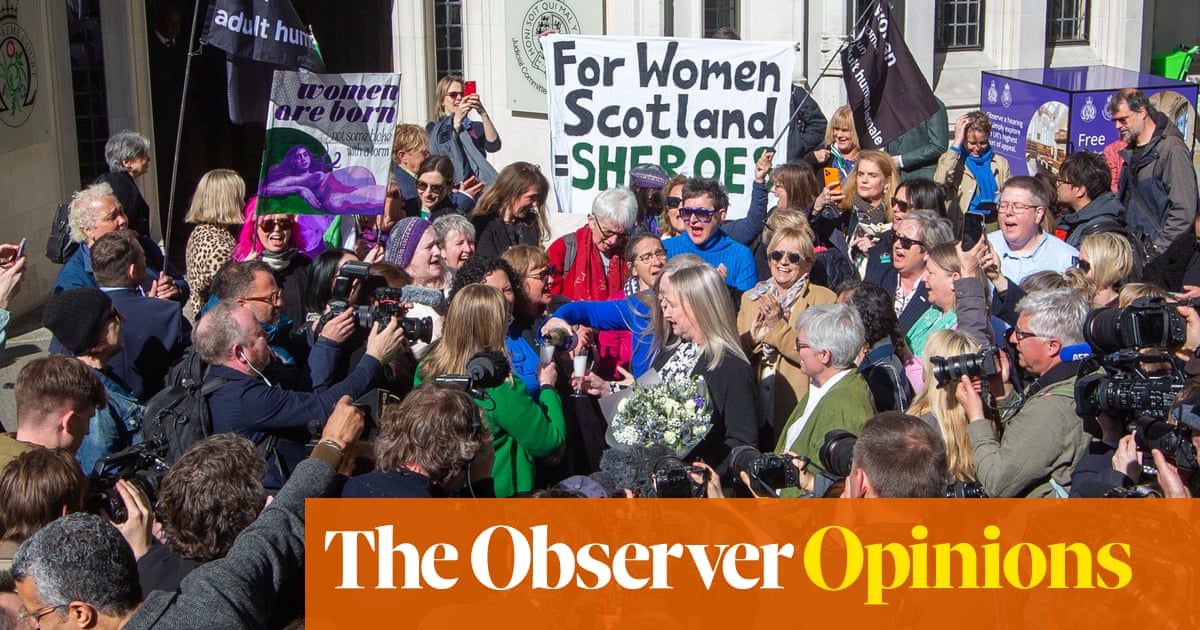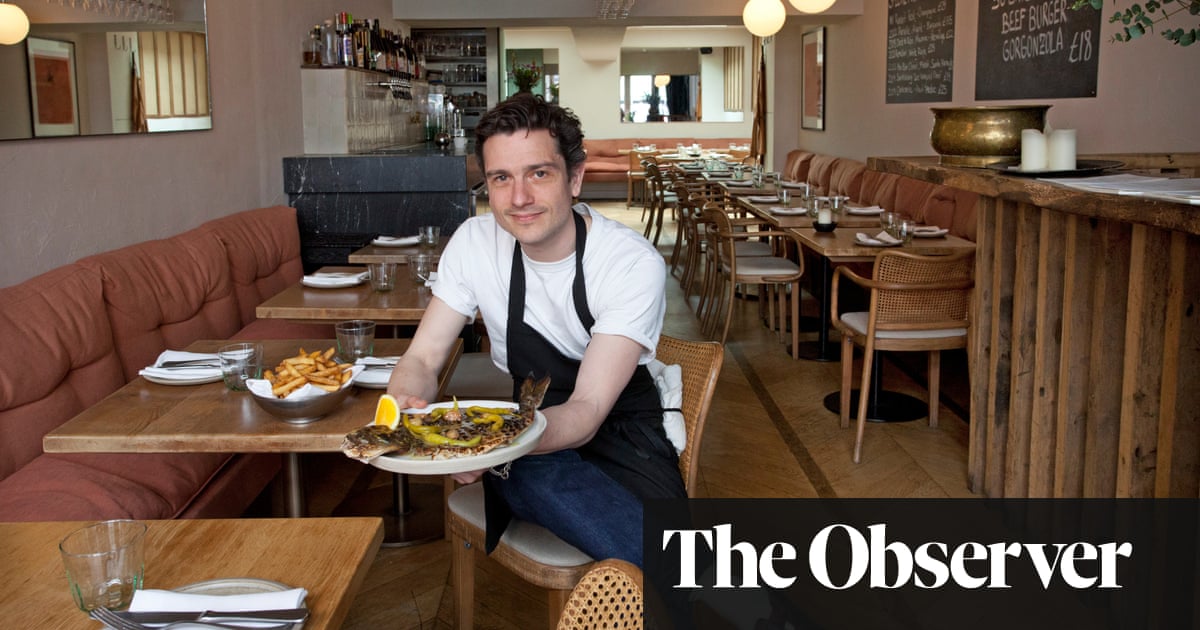Two years ago, Honey developed a persistent cough but was afraid to go to the doctor. Experience had taught her she was likely to face abuse and insults from other patients and their relatives at health clinics. And at best, staff would ignore her and she would be forced to wait until all other patients had been seen, even those who had arrived after her.
The transgender community in Rawalpindi, the twin city adjacent to Pakistan’s capital, Islamabad, is tightly knit and isolated. It has its own language and traditions that create a network of friends to replace the family relationships that have been lost – many of its members have been rejected and ostracised by their relatives and communities.
Isolation from wider society can have profound impacts on their health. Many trans people struggle to find employment and are forced into sex work to make ends meet. That increases the risk of picking up HIV and other sexually transmitted infections (STIs).
They also often survive through begging or work as dancers at weddings or birth celebrations – jobs that come with a greater risk of violence and abuse.

Honey was eventually diagnosed with tuberculosis (TB) at a screening camp run by the Dopasi Foundation, a nonprofit organisation for trans people. It takes portable X-ray machines into vulnerable communities, with scans analysed by artificial intelligence.
The trans community is thought to have among the highest TB rates in Pakistan, a country that already bears one of the greatest tuberculosis burdens in the world: there were 686,000 new cases in 2022.
Even after her diagnosis, Honey had to switch locations for her treatment multiple times after being made to feel unwelcome at clinics. She fears attitudes to trans people are getting worse, driven by negative media portrayals.
Her flat has a terrace overlooking one of Rawalpindi’s narrow streets, full of stalls selling everything from raw meat to household light fittings. Up a tight, dark staircase, it is a scrupulously clean and tidy home but crowded – she shares a couple of rooms with five friends who are preparing today to dance at a wedding as entertainers.
The apartment has hosted some of Dopasi’s screening camps for trans individuals. “I just didn’t want anyone to go through the pain that I went through, the fear that I had,” Honey says.
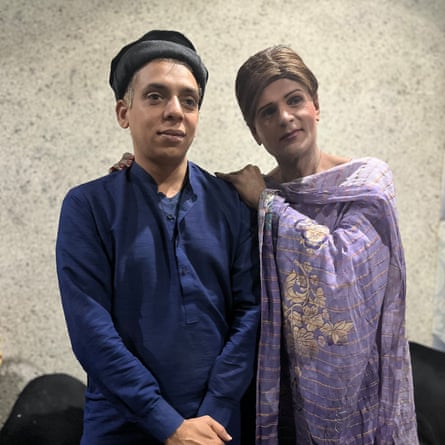
Screening camps also take place at a community centre run by the Dareecha Male Health Society, offering a rare space for trans people to gather. On the day of our visit, Dopasi screened 15 people for TB at the centre. One result came back positive, pending a full diagnosis at a laboratory.
The Stop TB Partnership funds the screening programme through the TB Reach Initiative, trialling innovative approaches to reach vulnerable groups. Muhammad Usman, executive director at Dareecha, says: “Nobody is stigmatised, nobody is discriminated [against] here.
“We’re all equal. So we usually hug each other. We usually have food on one plate. We are striving hard to reduce that stigma, which definitely still exists in our society,” he says.
The people he works with are at high risk of many types of infection, he adds. “They are living in slums. [Up to] eight people are living in the same room, so there is a high risk [of] TB or any other issue.”
The centre offers access to a doctor and advice on preventing sexually transmitted infections. HIV, which increases the health threat from TB, and other STIs such as syphilis, are a big issue; Usman points out the high rates of partner sharing, drug use and often a lack of precautions – trans sex workers can charge higher prices for sex without condoms.
The apartments shared by transgender groups are known as deras (meaning “dwelling” but also “monastery”), often led by a guru – an elder from the community who mentors younger trans people, who are known as their chelas (“disciples”).
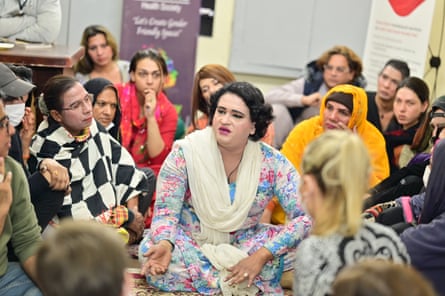
Frequently, this leads to an expectation to do sex work, often with multiple partners daily, and pass on more than half of the proceeds to the guru, Usman says.
In some ways, trans people are more protected than other LGBTQ+ groups in Pakistan, having been recognised in a 2018 law that aimed to prevent harassment and discrimination. It means that, unlike groups such as gay men, they can be directly targeted for healthcare.
The police department in Rawalpindi established the Tahafuz Markaz (protection centre) unit in 2020, specifically to serve the trans population, and it has now expanded to cover other vulnerable groups. They can report crimes to the unit, but also seek help with access to employment and vocational training – a positive reference from the police can overcome a lot of stigma, officers say.
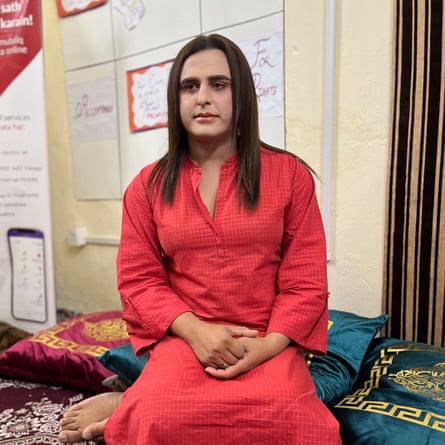
The unit is particularly proud of the recent conviction of a man who raped a trans woman he had lured to a remote location on the pretext of performing at a wedding. He was sentenced to seven years in prison. In the past, such cases would often not even be recorded, they say.
Laher Mirza, a trans woman, now works with the police unit as a victim support officer. She says her experience when she reported a rape in 2019 was less positive, with “a lot of insensitivity” that made the process so painful that she did not pursue it further.
When Rania, who became isolated from her family because she is trans, was forced into sex work, she started living in a dera in Rawalpindi and noticed someone who rarely left her room. Sometimes her flatmate would cough up blood.
“She used to call on people to come inside, but no one [would],” says Rania. “She was spoken to from a window.”
Although there were 16 people living in a two-bedroom apartment, that person – the guru of Rania’s guru – had one of the rooms to herself. She had a severe case of tuberculosis, and the difficulty of accessing healthcare meant she died from the disease.
The memory has given Rania what she calls “a phobia” of TB, and so she was keen to be screened. Her test results came back negative, but she started a course of preventive TB treatment, offered to trans individuals because of their higher risk.
Rania now works as an outreach worker for Dareecha, accompanying other trans people to public hospitals if they need healthcare. More work is needed, she says, to make those spaces accessible to trans people. Even going there as an outreach worker is difficult, she says.
“I am stigmatised and isolated and not responded to – what can I expect for any other transgender person?”
This reporting trip was supported by the Stop TB Partnership, which is funded in part by the Bill and Melinda Gates Foundation, a philanthropic organisation that also contributes funding to support the editorially independent global development section at the Guardian

.png) 3 months ago
26
3 months ago
26




